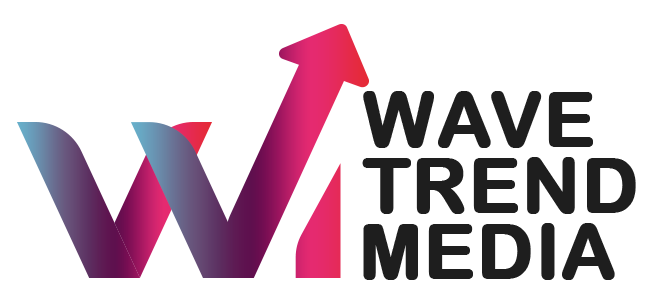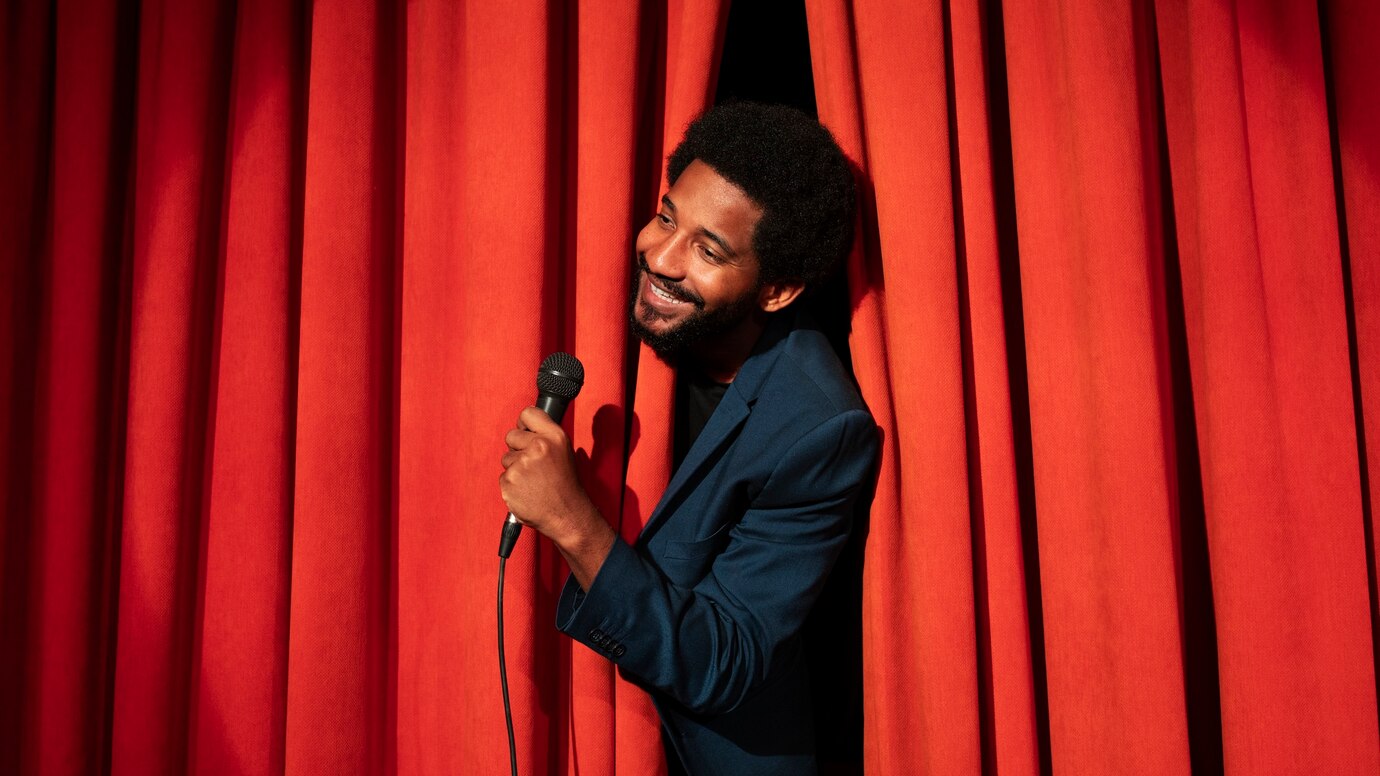The entertainment industry is undergoing a transformative shift as efforts to promote diversity, representation, and inclusion gain momentum across film and television. From casting decisions and storytelling to behind-the-scenes talent and production practices, stakeholders in the industry are working to reflect the rich tapestry of human experiences and identities on screen, fostering a more inclusive and equitable media landscape.
One of the most significant developments in recent years has been the increasing demand for authentic representation across diverse communities. Audiences are calling for stories that reflect the full spectrum of human diversity, including race, ethnicity, gender identity, sexual orientation, disability, and socioeconomic background. This demand for representation extends not only to on-screen characters but also to the writers, directors, and producers who shape the narratives and perspectives portrayed in film and television.
In response to these calls for greater diversity and inclusion, initiatives such as the Academy Aperture 2025 and the British Film Institute’s Diversity Standards have been launched to promote systemic change within the industry. These initiatives aim to increase the representation of underrepresented groups both in front of and behind the camera, set inclusion targets for productions, and provide funding and support for diverse storytellers and projects.
Moreover, streaming platforms such as Netflix, Amazon Prime, and Disney+ have emerged as key players in driving diversity and inclusion in entertainment, investing in a diverse range of content and talent and reaching global audiences with diverse stories from around the world. The rise of streaming has provided opportunities for underrepresented voices to find platforms and audiences for their stories, challenging traditional gatekeepers and expanding the scope of representation in the industry.
Despite these positive developments, challenges and barriers to diversity and inclusion in entertainment persist. Hollywood’s history of whitewashing, typecasting, and tokenism has left a legacy of systemic biases and barriers to entry for marginalized communities, perpetuating stereotypes and limiting opportunities for diverse talent. Additionally, the lack of diversity in executive positions and decision-making roles within the industry continues to hinder progress towards meaningful change.
In order to address these challenges and advance diversity and inclusion in entertainment, concerted efforts are needed from all stakeholders in the industry, including studios, production companies, talent agencies, guilds, and advocacy groups. This includes implementing policies and practices that promote inclusive hiring and casting, providing mentorship and career development opportunities for underrepresented talent, and supporting initiatives that amplify diverse voices and stories.
In conclusion, promoting diversity and inclusion in entertainment is not only a moral imperative but also a creative and economic opportunity for the industry. By embracing diversity and fostering inclusive spaces both on and off-screen, the entertainment industry can better reflect the world we live in, tell more authentic and compelling stories, and inspire audiences to see themselves and others in new and meaningful ways.

